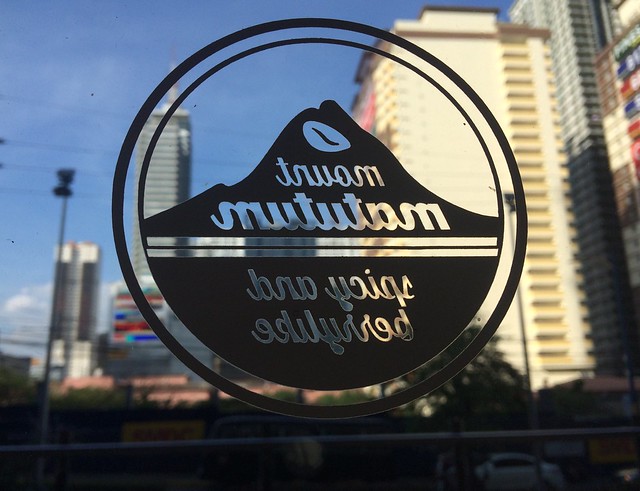Puchalski et al (2019) reviewed the scientific literature on spiritual care in oncology.
The authors recommend that "all clinicians who develop assessment and treatment plans should assess patients for spiritual or existential distress and for spiritual resources of strength and integrate that assessment into the assessment and treatment or care plan." Another take-home message from the paper is that "clinicians are responsible for attending to the suffering of their patients." This is a tall, albeit reasonable, order.
The authors also put forth recommendations for integrating spiritual care in medical training:
- All oncologists and clinicians practicing in oncology settings should be trained in spiritual care. This training should be required as part of continuing education.
- Clinicians should be trained in spiritual care, commensurate with their scope of practice in regard to the spiritual care model.
- Healthcare professionals should be trained in doing a spiritual history or screening.
- Healthcare professionals who are involved in the diagnosis and treatment of clinical problems should be trained in the basics of spiritual distress diagnosis and treatment.
- As part of cultural competency, all clinicians should have training in spiritual and religious values and beliefs that may influence clinical decision-making.
- Training should also include opportunities for all members of the clinical teams to reflect on the role of their own spirituality and how it impacts their professional call and their own self-care.
Spirituality is "an important component of health and general well-being of patients with cancer, and that spiritual distress has a negative impact on quality of life of patients with cancer. This makes the implementation of spirituality-based interventions essential in order to support the spiritual well-being of patients with cancer. Spirituality and spiritual well-being have been proven to have a positive effect on patients with cancer."
I am interested in doing a study on whether Filipino oncologists are able to integrate spirituality into their practice. I wonder if similar studies have been done locally. Given the massive patient load and the myriad physical problems that cancer patients have, it is a challenge for physicians to look beyond the physical aspects of malignancies and view the patient as a person with a body and soul.
***
Puchalski CM, Sbrana A, Ferrell B, et al. Interprofessional spiritual care in oncology: a literature review. ESMO Open 2019;4:e000465. doi: 10.1136/esmoopen-2018-000465
Labels: medicine








